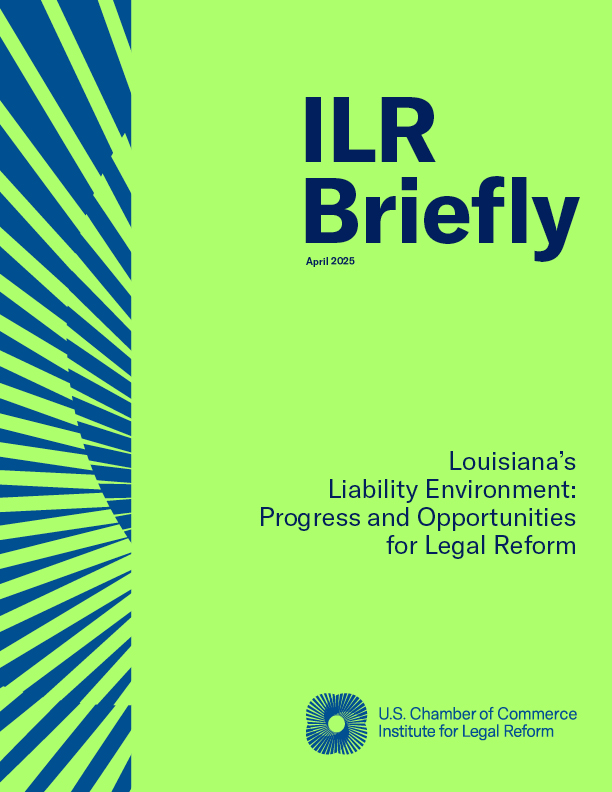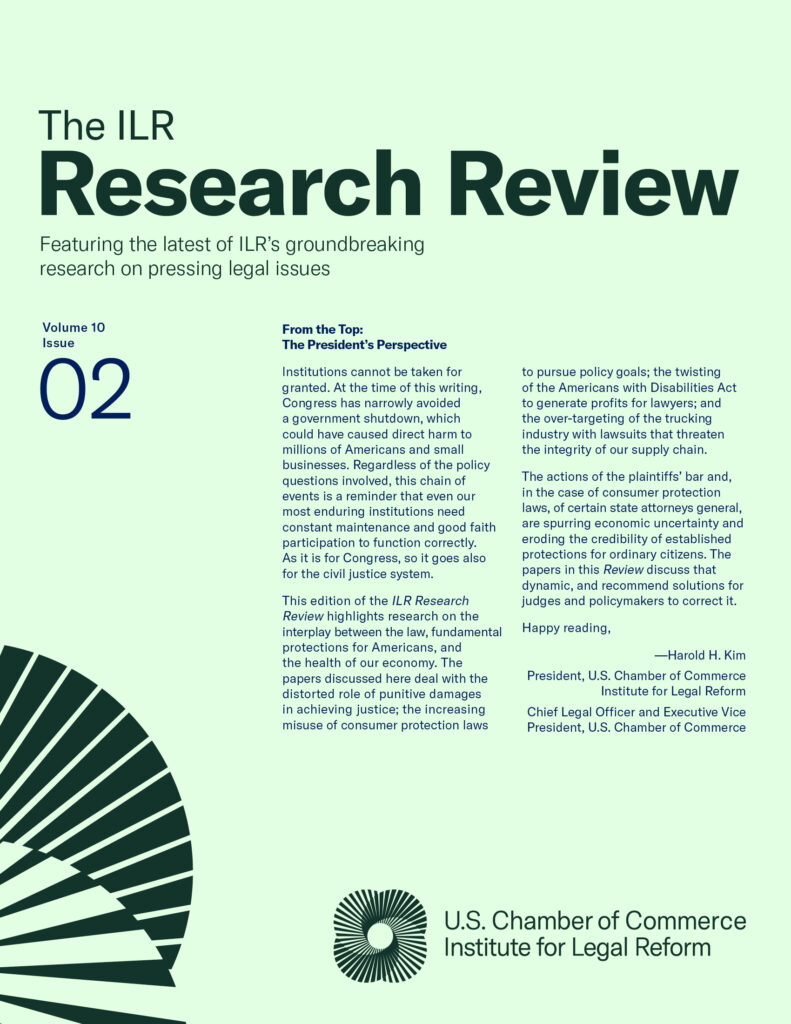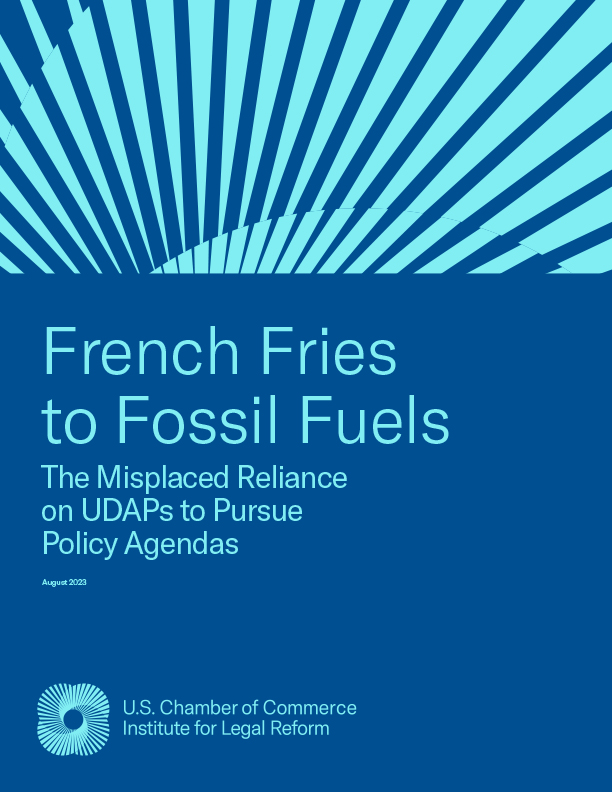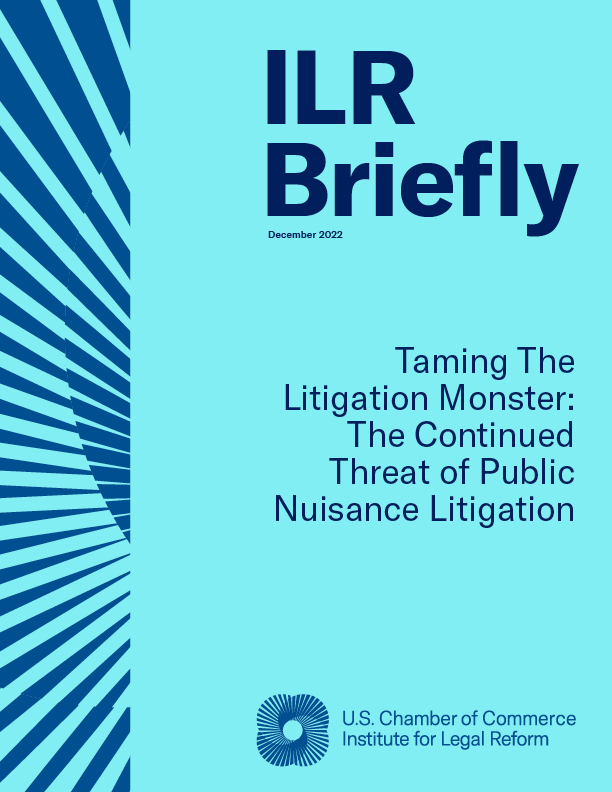Some state attorneys general (AGs) lawsuits bear little resemblance to traditional government enforcement of consumer protection laws. These cases are often brought by states at the urging of contingency fee lawyers, involve practices already regulated by government agencies, and seek civil penalties that are disproportionate to the alleged misconduct or consumer loss. Money from the resulting settlements and judgments is doled out by AGs to outside organizations or used for pet projects with no relation to the lawsuits. While these types of enforcement actions are the exception, not the rule, they are becoming increasingly common. They pose a threat to good government, sound public policy, and due process.
Consumer protection laws provide state AGs with sweeping authority to address improper business practices. As their name suggests, most state Unfair or Deceptive Acts and Practices (UDAP) laws broadly prohibit any conduct that can be viewed as “unfair” or “deceptive.” The vagueness of these terms provides substantial power to state AGs, which makes it all the more critical that AGs responsibly exercise their enforcement discretion. Normally, state AGs and their staffs quietly and effectively use UDAP laws to protect the rights of consumers. They receive complaints, conduct investigations, and mediate disputes. State AGs take action to immediately stop illegal conduct and, where appropriate, seek refunds or other relief for affected consumers. This day-to-day work is generally uncontroversial and can benefit the public.
The types of state UDAP enforcement actions explored in this report are different. They often share a combination of four common elements:
- The enforcement actions are frequently driven by private lawyers, not consumer complaints;
- The actions often target conduct already closely regulated by government agencies charged with protecting the public;
- The actions seek civil penalties that dwarf actual harm to consumers, if any; and
- The settlements and judgments reached do not reimburse injured consumers or advance consumer protection efforts related to the conduct at issue, but result in payments to private lawyers and politically-popular groups and causes.
There are commonsense options for legal reform, included in the report, that would address problematic enforcement of UDAP laws. These proposals were developed based on existing state laws and court decisions. They address the specific types of practices documented in this report and are intended to generate ideas for state-specific amendments to UDAP laws.
View PDF


